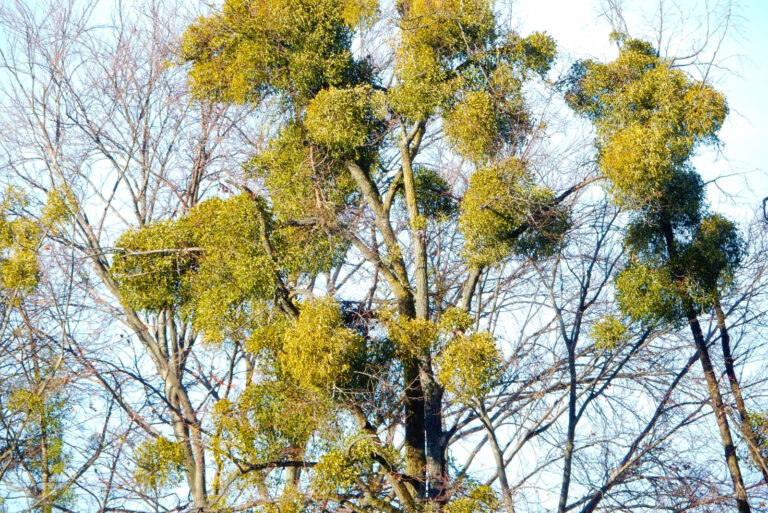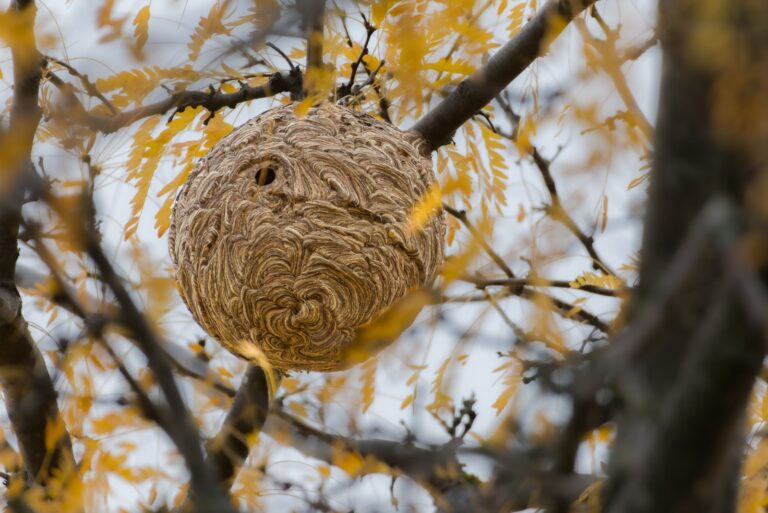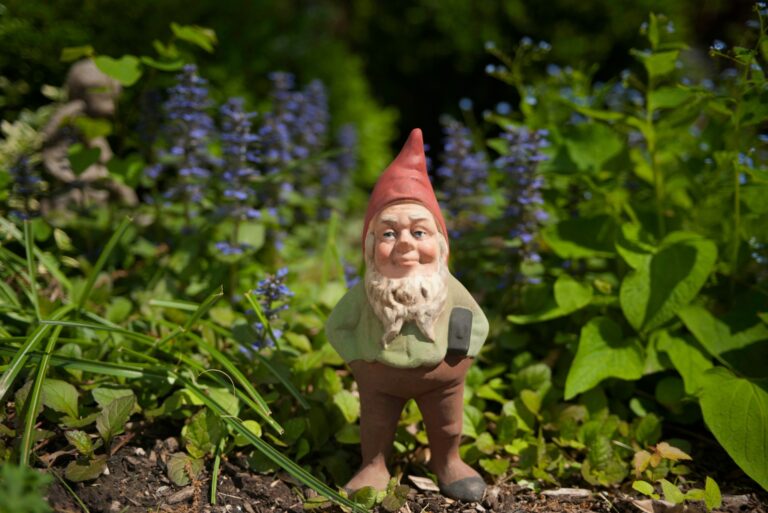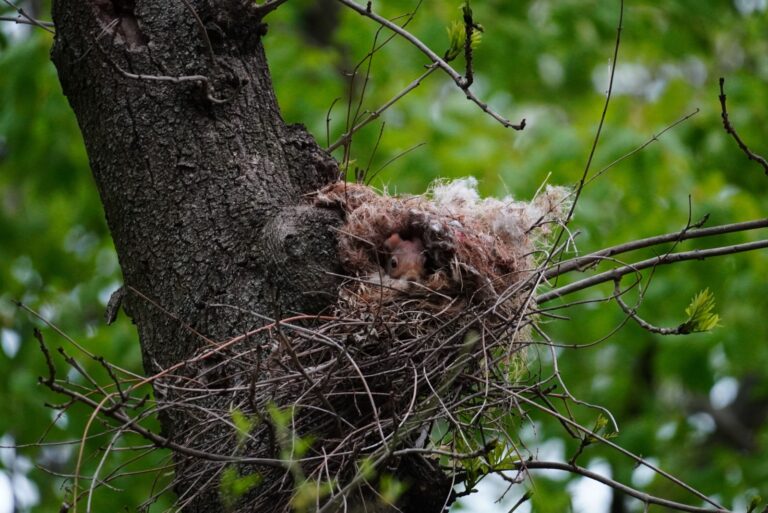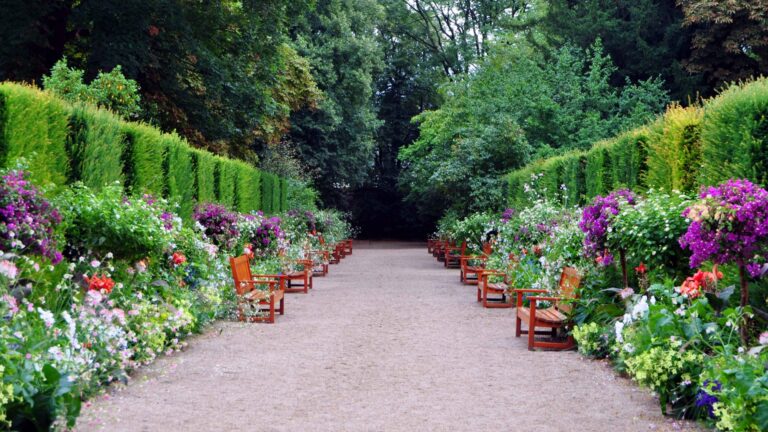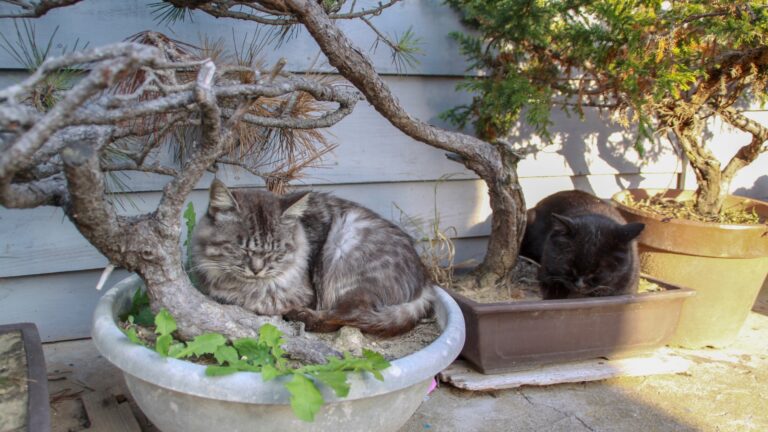Who’s Responsible For Leaves That Blow Over From A Neighbor’s Tree In Virginia?
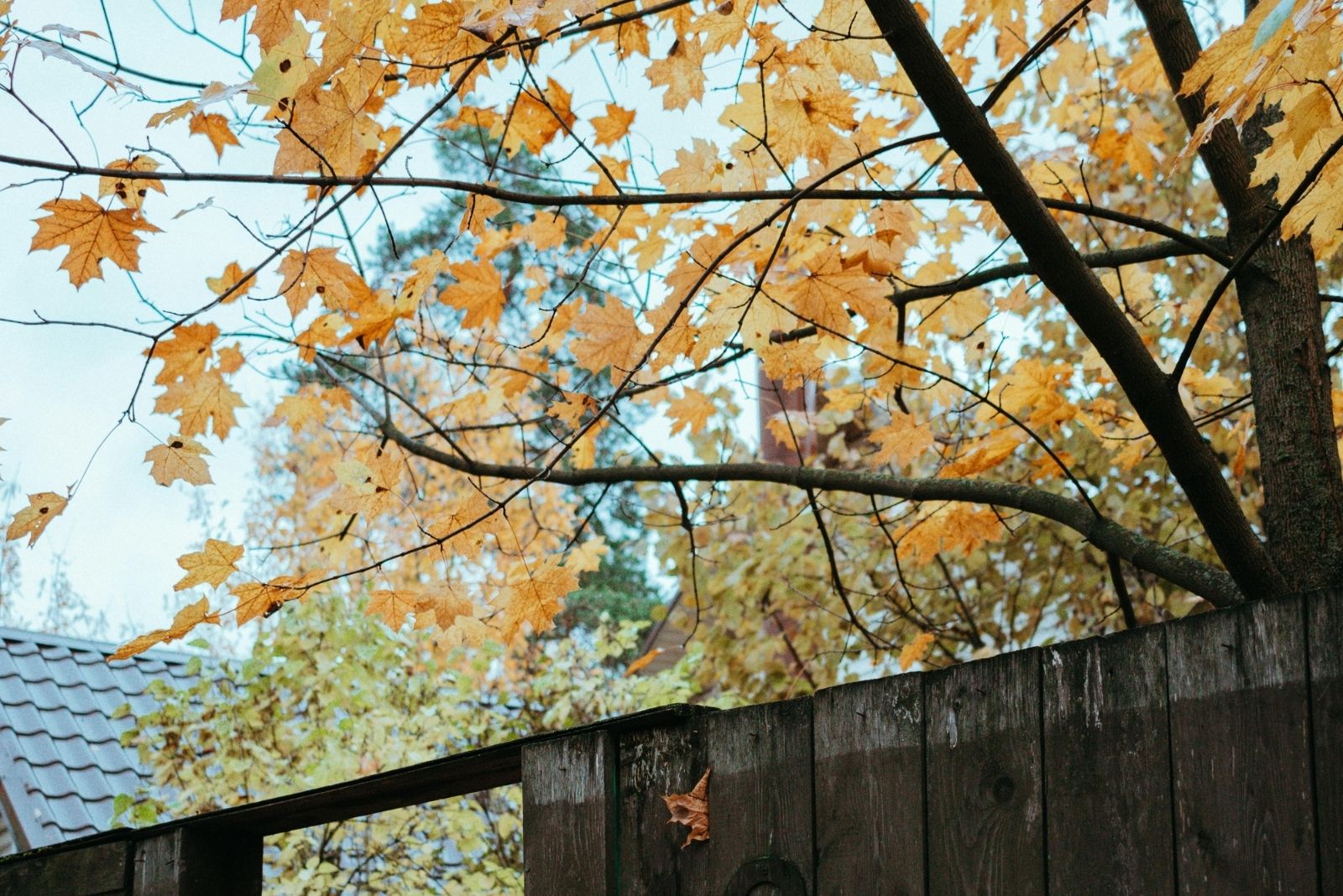
Living next to trees has its perks—shade, beauty, and a touch of nature right outside your door. But come autumn, those falling leaves don’t always respect property lines.
If your neighbor’s leaves end up scattered across your yard, you’re not alone in wondering who’s responsible. It’s a common question for Virginia homeowners this time of year.
I’ve found that knowing what the law says can help you avoid awkward conversations or neighborhood tension. A little clarity goes a long way in keeping things friendly—and your yard leaf-free.
1. Virginia Law Says You’re Responsible
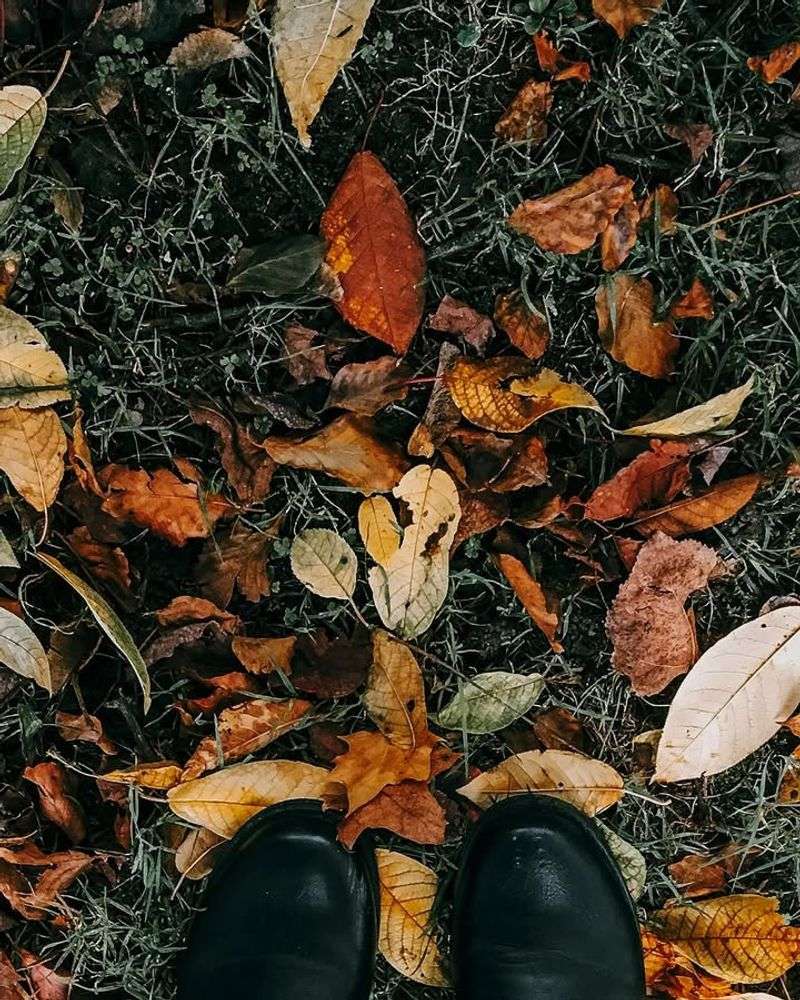
Virginia follows a common law principle that might surprise you. When leaves blow from your neighbor’s tree onto your property, you’re actually responsible for cleaning them up. The law treats falling leaves as a natural occurrence, similar to rain or snow.
Your neighbor doesn’t have a legal duty to remove leaves that land on your lawn. Even if their massive oak tree drops thousands of leaves into your yard every fall, Virginia courts consider this part of living near trees and nature.
2. Natural Events Aren’t Nuisances
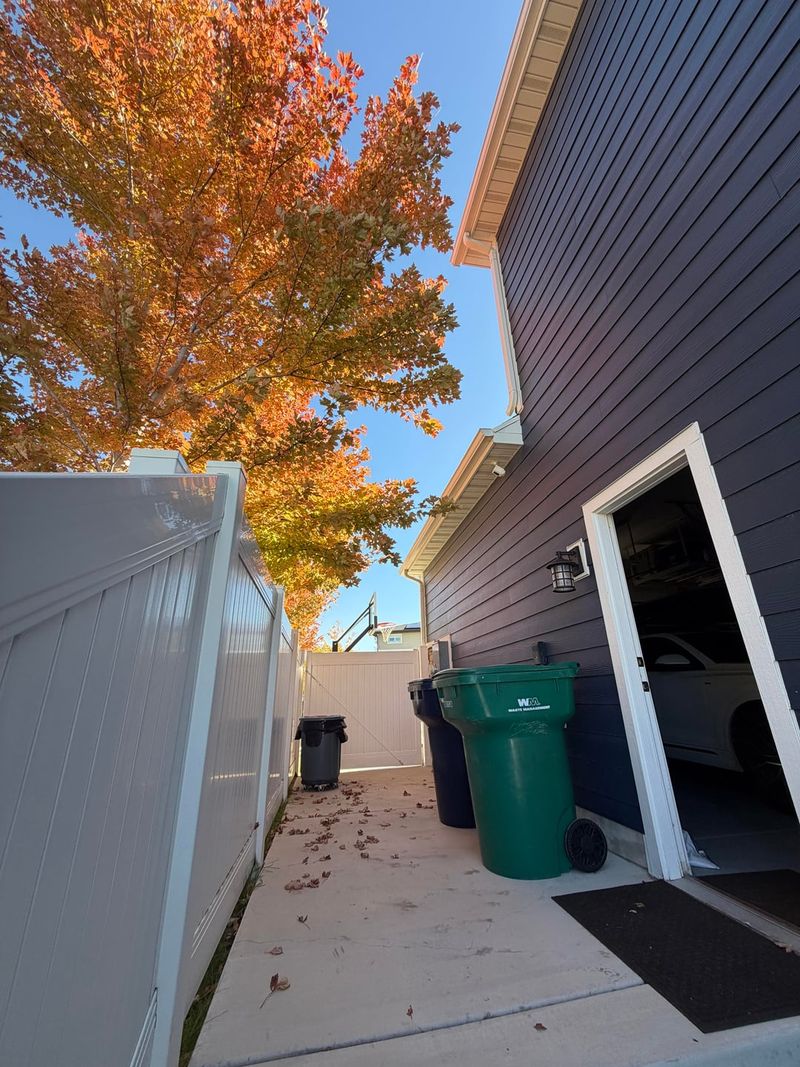
Courts in Virginia classify falling leaves as natural events rather than legal nuisances. Unlike man-made problems such as loud music or bright lights, leaves are just part of nature doing its thing.
This distinction matters because nuisances can be stopped through legal action, but natural occurrences cannot. Your neighbor isn’t creating the leaf problem on purpose. Trees drop leaves every year as part of their growth cycle, and the wind decides where those leaves ultimately land, making it nobody’s fault.
3. Property Lines Define Your Duties

Everything that lands on your property becomes your responsibility to maintain. Once those leaves cross the invisible line separating your yard from your neighbor’s, they’re technically yours to handle.
Property ownership comes with maintenance duties, including keeping your land reasonably clean. Whether leaves come from your own trees or blow in from surrounding properties, the cleanup task falls on you as the property owner, according to Virginia’s established legal principles.
4. Good Neighbor Communication Works Best
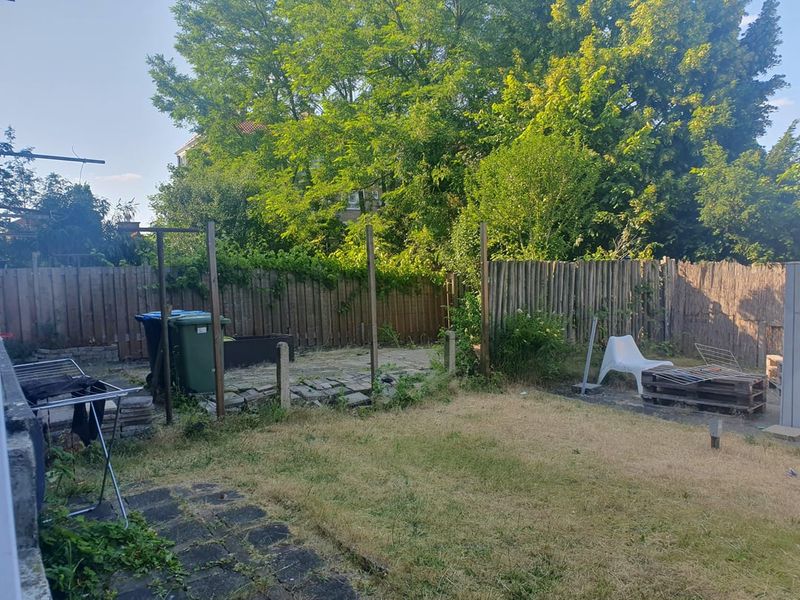
While the law might not require your neighbor to help, friendly conversation often solves problems better than legal action. Many neighbors are willing to pitch in with leaf cleanup when approached respectfully.
Consider suggesting a joint cleanup day where both households work together. Your neighbor might offer to trim overhanging branches or share their leaf blower. Building goodwill creates lasting solutions that benefit everyone. Remember, you’ll likely live next to each other for years to come.
5. Overhanging Branches Are Different
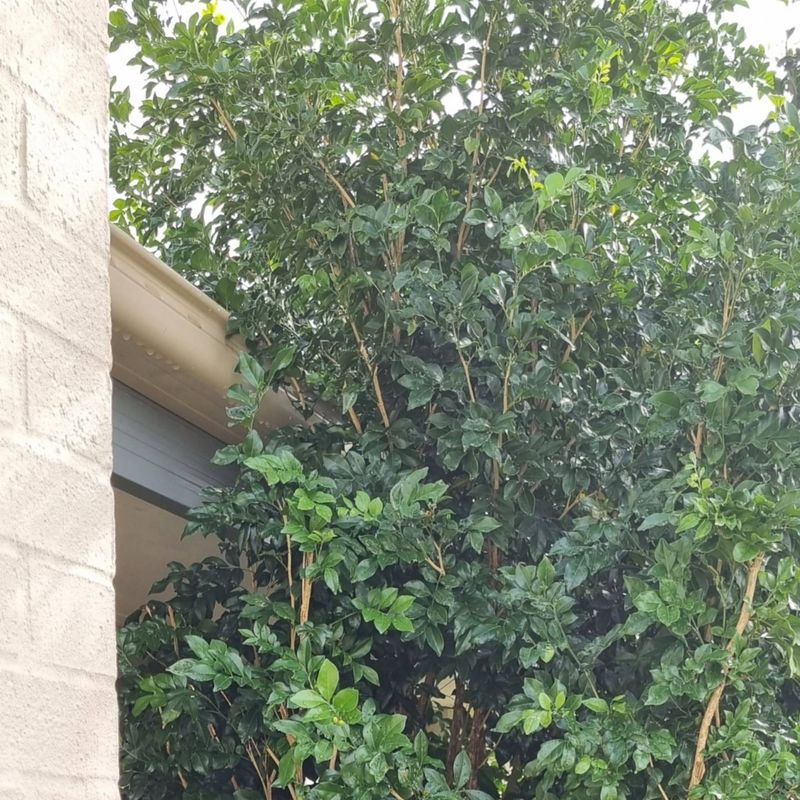
Here’s something interesting: while you must clean up fallen leaves, you actually have rights regarding branches that cross into your airspace. Virginia law allows you to trim branches extending over your property line, as long as you don’t damage the tree’s health.
You should trim carefully and consider hiring a professional arborist. However, you cannot force your neighbor to trim their tree, and you’re responsible for disposing of any branches you cut, just like the leaves.
6. Homeowner Associations May Have Rules
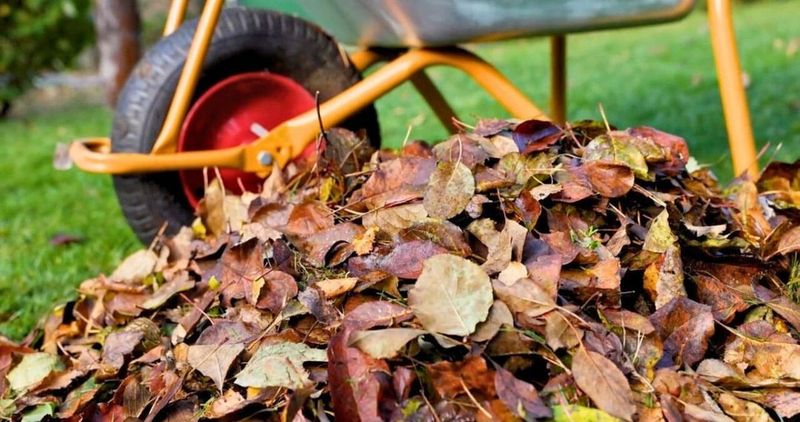
Living in a community with a homeowner association adds another layer to leaf responsibility. Your HOA might have specific rules about yard maintenance and how quickly you must remove leaves.
Check your HOA guidelines carefully, as some associations require leaf removal within certain timeframes or impose fines for messy yards. Your neighbor might also face HOA rules about tree maintenance. Understanding these regulations helps everyone stay compliant and avoid unnecessary penalties or neighborhood tensions.
7. Neglected Trees Can Create Liability
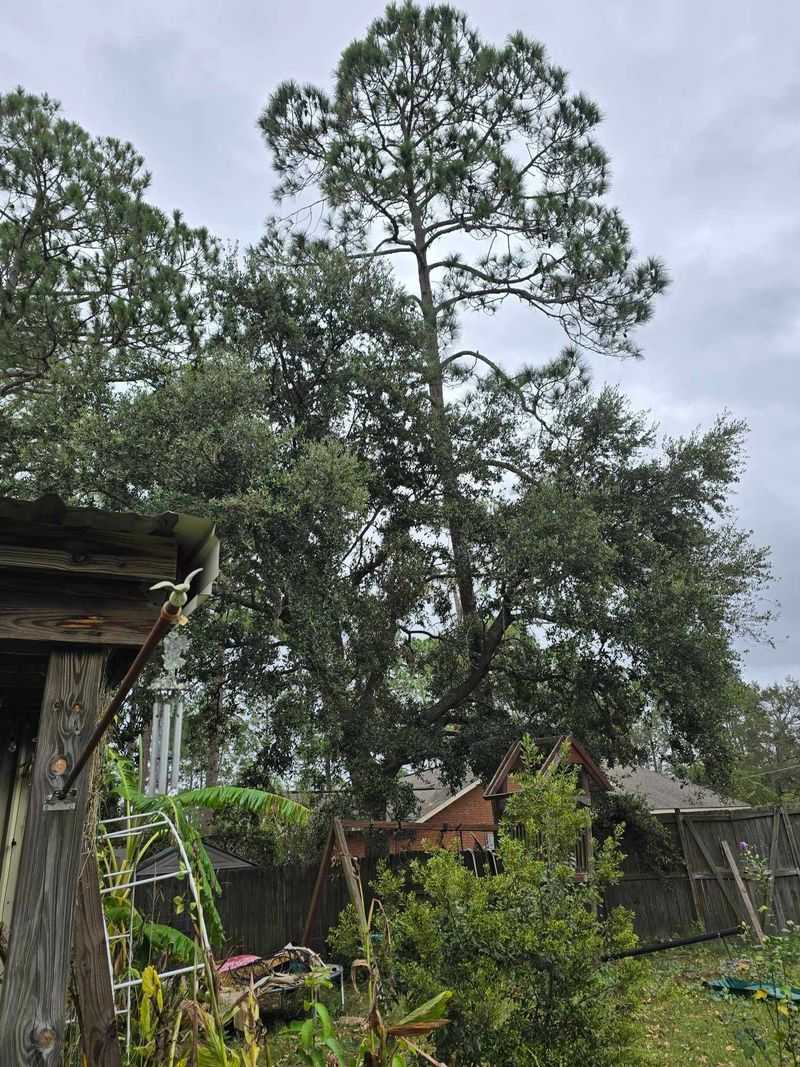
Although falling leaves aren’t your neighbor’s legal problem, a dangerous or diseased tree is completely different. If your neighbor’s tree is clearly dying, has large dead branches, or poses a safety risk, they could be liable for damage it causes.
Document any concerns with photos and notify your neighbor in writing about potential hazards. If a neglected tree falls and damages your property, your neighbor might be held responsible. This is especially true if you warned them about the danger beforehand.
8. Prevention Beats Cleanup Every Time
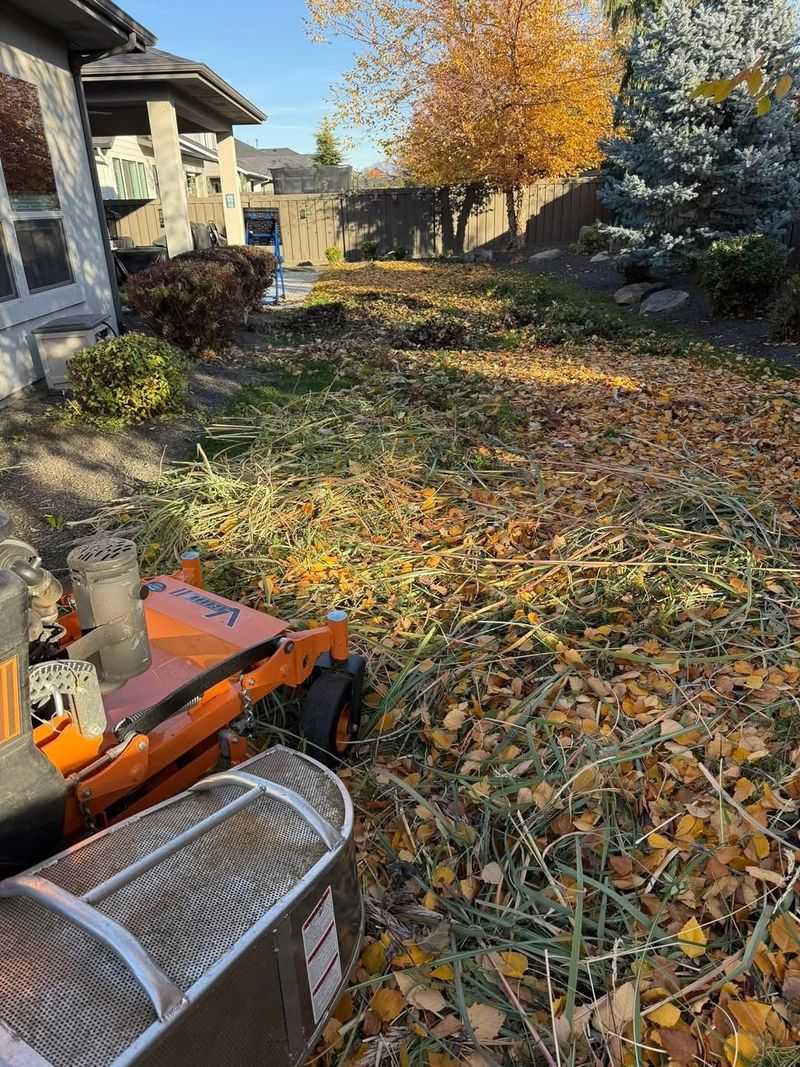
Rather than fighting the annual leaf battle, consider preventive measures that make cleanup easier. Installing gutter guards prevents leaves from clogging your drainage system, which can cause expensive water damage.
Strategic landscaping with ground covers or mulch beds can also minimize visible leaf accumulation. Some homeowners use leaf blowers to redirect leaves into garden beds where they become beneficial mulch. Investing in good tools like a quality rake or mulching mower transforms this chore into manageable maintenance.

